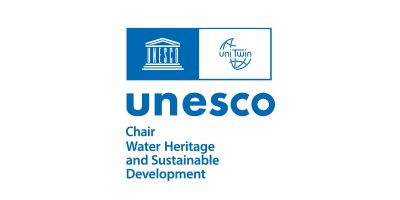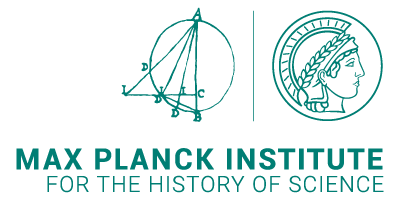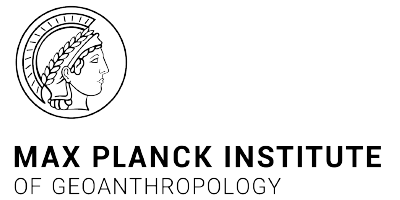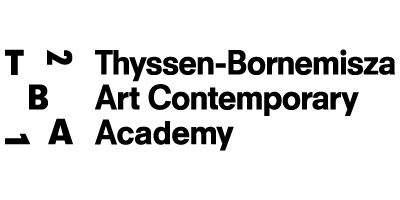Water Heritage and Sustainable Development
UNESCO Chair
The Chair
The UNESCO Chair on “Water Heritage and Sustainable Development” established at Ca’ Foscari University of Venice focuses on water culture and hydropolitics from the transdisciplinary perspective of historical geo-anthropology – that is, from the viewpoint of the Anthropocene transformation of the planetary ecosystem. In particular, it investigates flows of water, people, knowledge and value-making in connection with aquatic landscapes, such as Venice and its Lagoon.
The Chair is active within the programme UNITWIN/UNESCO, which promotes inter-university cooperation and networking to enhance institutional capacities through knowledge sharing and collaborative work. It also builds bridges between academia and civil society, and is committed to education and the development of novel forms of dissemination, including through collaboration with water museums.
Aims
The UNESCO Chair on “Water Heritage and Sustainable Development” aims to open up new perspectives on water sustainability at the encounter of research and education.
Concerning research, the Chair promotes the comparative investigation of historical waterscapes in different sites across the globe by looking at the epistemological connection between social and ecological knowledge in water landscapes. In doing so, a Venetian and international network of scholars has been established in order to addresses one of the most urgent questions of today’s hydrogeology, that is, the natural-cultural nexus, as indicated in the IX Strategic Plan of the UNESCO Intergovernmental Hydrological Program: “What is the role of water in… the dynamics of human civilization, and what are the implications for contemporary water management?” (IHP-IX Strategic Plan, Annex 2, n. 23).
The main research objective is to comprehend water heritage as an open-ended historical geo-anthropological process, assess the current predicament, marked by socio-ecological imbalances, and consider alternative pathways to a sustainable future.
By looking at the water-cycle from a historical-material and cultural perspective, the Chair seeks new meaningful pathways to address the environmental crisis of the Anthropocene by cross-disciplinarily integrating the agendas of socio-hydrology and hydro-sociology.
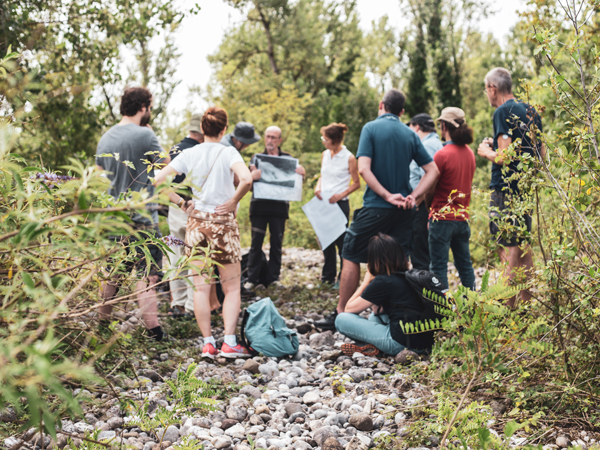
Concerning dissemination and education today, it is more urgent than ever to reconnect people with the valuable water-related natural and cultural assets and strengthen educational programmes, also in cooperation with museums that exhibit the variety of the unique and exceptional aquatic heritages of the world.
In considering the approaches of the environmental humanities to achieve the UN Sustainable Development Goals (SDGs), the Chair cooperates with other UNESCO Chairs to support the implementation of crucial Resolutions of UNESCO-IHP (Intergovernmental Hydrological Programme) related to Water Sustainability Education (2018). Thus, the Chair is active in investigating specific issues related to research, education and the training needs of museums and civil society.
The Chair was established in 2021 and is housed at NICHE (THE NEW INSTITUTE Center for Environmental Humanities), which is located at Ca’ Bottacin, Venice.
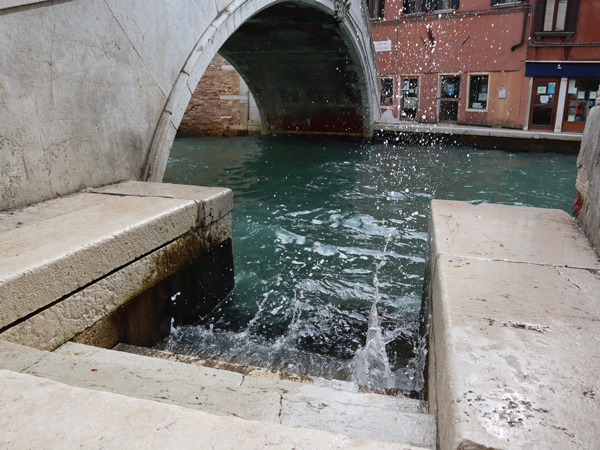
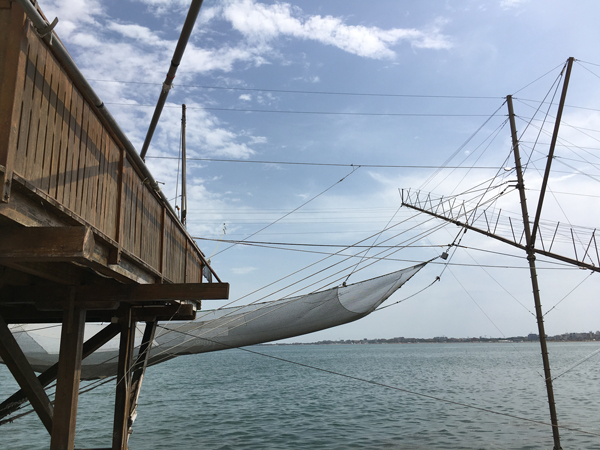
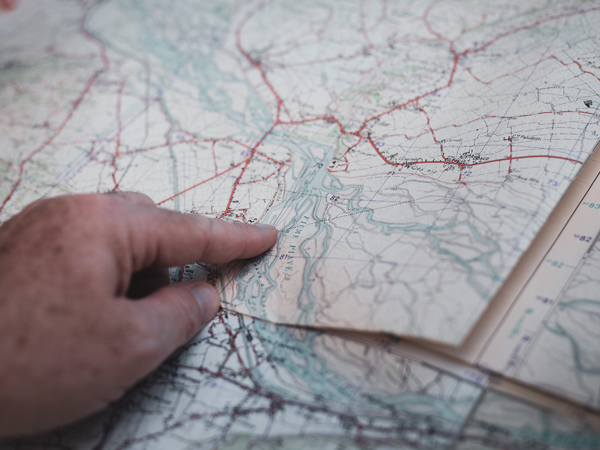
Partners
- Max Planck Partner Group The Water City - Venice and Berlin
Call for Papers
Geoanthropology: Metabolism, Legal Imagination, and Geopraxis
Venice, Italy 9–11 June 2025
Department of Philosophy and Cultural Heritage Ca’ Foscari University of Venice
Theme:
This interdisciplinary conference aims to advance the conceptual development of geoanthropology, an emerging epistemological framework in which Earth system science encounters the humanities and social sciences. Grounded in the Anthropocene debate, which has highlighted the urgency of overcoming antagonisms between disciplines, geoanthropology accepts the importance of such concepts as planetary boundaries, geological markers, and earth states while integrating them with the theory and history of phenomena such as extractivism and technology, biopolitics and exploitation, and modernity and legal thought. Although this is a promising and ambitious epistemological undertaking, further conceptual development is needed before geoanthropology can become an established research paradigm.
The conference’s objective is to explore the relevance of three concepts for the geoanthropological framework: metabolism, legal imagination, and geopraxis.
Keynote Speakers
Confirmed keynote speakers comprise:
Nigel Clark (Lancaster University)
Xenia Chiaramonte (Ca’ Foscari University of Venice)
Kohei Saito (Tokyo University).
- Further details are available on the conference “Geoanthropology” website.
|
|
Call for Papers | 179 KB |



